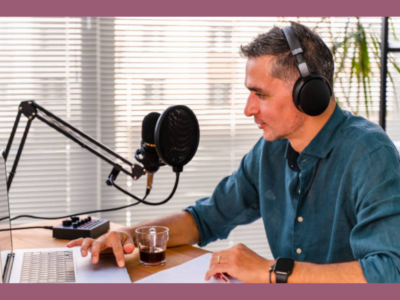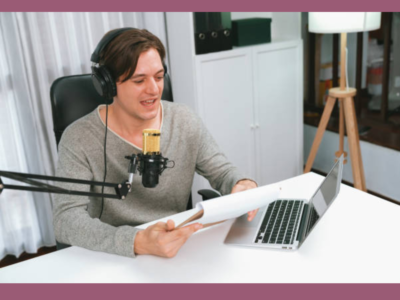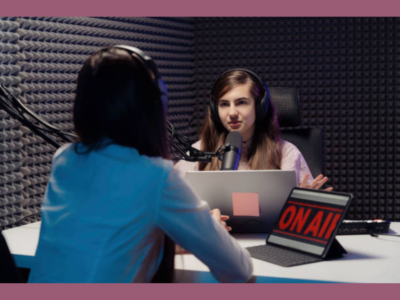Overview
Course Description:
Sound engineering is a dynamic field that encompasses the technical expertise and creative artistry required to record, mix, and manipulate sound for various applications, including music production, film, television, radio, and live events. This comprehensive course equips aspiring sound engineers with the essential knowledge, skills, and techniques needed to excel in this exciting and diverse industry.
Course Curriculum:
1. Fundamentals of Sound Engineering:
- Explore the foundational principles of sound engineering, including signal flow, microphone techniques, and audio processing.
- Gain hands-on experience with industry-standard digital audio workstations (DAWs) and recording equipment.
2. Advanced Audio Recording and Mixing Techniques:
- Learn advanced recording techniques, such as multi-microphone setups, stereo miking, and room acoustics optimization.
- Master the art of mixing, including equalization, compression, spatial effects, and automation.
3. Sound Design and Foley Artistry:
- Dive into the world of sound design and foley artistry, creating immersive soundscapes for film, television, and multimedia projects.
- Experiment with sound effects creation, synthesis, sampling, and spatial audio techniques.
4. Live Sound Reinforcement:
- Explore the intricacies of live sound reinforcement, including front-of-house mixing, monitor mixing, and venue acoustics management.
- Learn to troubleshoot common live sound issues and optimize sound quality for diverse performance environments.
5. Music Production and Studio Engineering:
- Discover the art and science of music production, from pre-production and tracking to editing, mixing, and mastering.
- Develop proficiency in recording and producing various genres of music, working closely with artists, producers, and session musicians.
6. Post-Production for Film and Television:
- Delve into post-production workflows for film and television, including dialogue editing, sound effects editing, and final mixdown.
- Learn to collaborate effectively with directors, editors, and post-production teams to achieve sonic excellence in visual media projects.
7. Industry Trends and Professional Development:
- Stay abreast of the latest trends and technologies in sound engineering, including immersive audio formats, spatial audio processing, and remote collaboration tools.
- Explore career pathways and opportunities in the diverse fields of sound engineering, from studio production to live event production and beyond.
Conclusion:
Embark on your journey to mastering the art and science of sound engineering and unlock your potential to shape immersive auditory experiences across diverse media platforms. Whether you aspire to craft captivating soundtracks for film, engineer electrifying live concert performances, or produce chart-topping music albums, this course provides the essential tools and insights to help you achieve your sound engineering goals. Join us and immerse yourself in the world of professional audio production today!
Prerequisites:
- Basic understanding of audio concepts and terminology
- Familiarity with digital audio workstations (DAWs) is recommended but not required
Duration:
- This course is designed to be completed over [insert duration] weeks, with [insert number] hours of instruction per week.
LEARNING OUTCOMES
- We provide customized course for students- Online and offline both
- LIVE PROJECT End to End Software Testing Training Included.
- Learn Software Testing and Automation basics from a professional trainer from your own desk.
- Information packed practical training starting from basics to advanced testing techniques.
- Best suitable for beginners to advanced level users and who learn faster when demonstrated.
- Course content designed by considering current software testing technology and the job market.
- Practical assignments at the end of every session.
- Practical learning experience with live project work and examples.
Course Features
- Duration 25 hours
- Activities Sound Engineering






